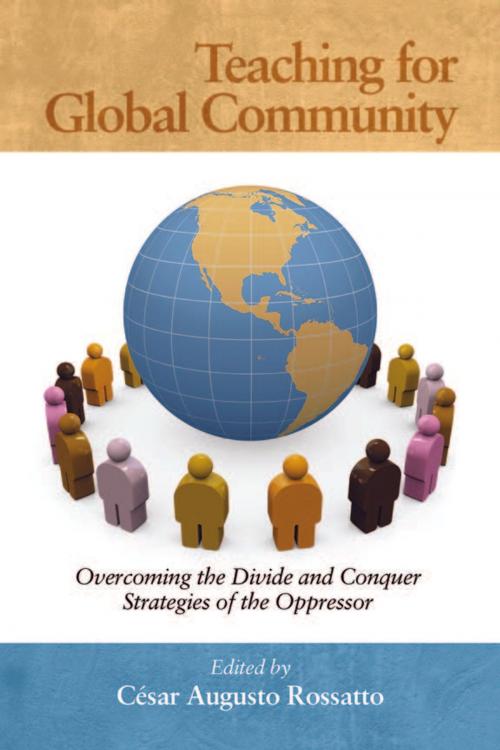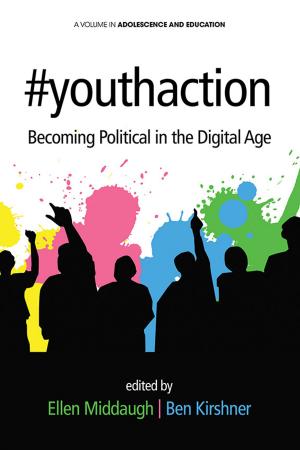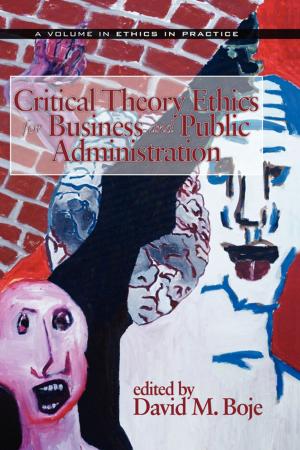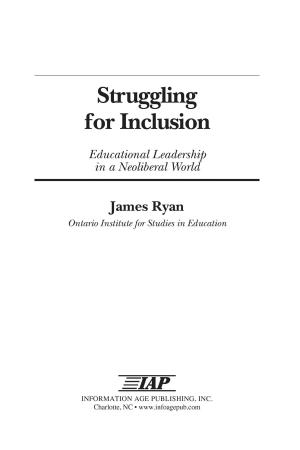Teaching for Global Community
Overcoming the Divide and Conquer Strategies
Nonfiction, Reference & Language, Education & Teaching, Educational Theory, Multicultural Education, Aims & Objectives| Author: | César Augusto Rossatto | ISBN: | 9781617353598 |
| Publisher: | Information Age Publishing | Publication: | June 1, 2011 |
| Imprint: | Information Age Publishing | Language: | English |
| Author: | César Augusto Rossatto |
| ISBN: | 9781617353598 |
| Publisher: | Information Age Publishing |
| Publication: | June 1, 2011 |
| Imprint: | Information Age Publishing |
| Language: | English |
Education has long been viewed as a vehicle for building community. However, the critical role of education and schools for constructing community resistance is undermined by recent trends toward the centralization of educational policymaking (e.g. racial profiling new laws in the US—Arizona and Texas; No Child Left Behind and global racism), the normalization of “globalization” as a vehicle for the advancement of economic neoliberalism and social hegemony, and the commodification of schooling in the service of corporate capitalism. Alternative visions of schooling are urgently needed to transform these dangerous trends so as to reconstruct public education as an emancipatory social project. Teaching for Global Community: Overcoming the Divide and Conquer Strategies of the Oppressor examines these issues among related others as a way to honor and reexamine Freirean principles and aim to take critical pedagogy in new directions for a new generation. The goal is to build upon past accomplishments of Paulo Freire’s work and critical pedagogy while moving beyond its historical limitations. This includes efforts that revisit and reevaluate established topics in the field or take on new areas of contestation. Issues related to education, labor, and emancipation, broadly defined and from diverse geographical context, are addressed. The theoretical perspectives used to look at these emerge from critical pedagogy, critical race theory, critiques of globalization and neoliberalism, marxist and neomarxist perspectives, social constructivism, comparative/international education, postmodernism indigenous perspectives, feminist theory, queer theory, poststructuralism, critical environmental studies, postcolonial studies, liberation theology, with a deep commitment to social justice.
Education has long been viewed as a vehicle for building community. However, the critical role of education and schools for constructing community resistance is undermined by recent trends toward the centralization of educational policymaking (e.g. racial profiling new laws in the US—Arizona and Texas; No Child Left Behind and global racism), the normalization of “globalization” as a vehicle for the advancement of economic neoliberalism and social hegemony, and the commodification of schooling in the service of corporate capitalism. Alternative visions of schooling are urgently needed to transform these dangerous trends so as to reconstruct public education as an emancipatory social project. Teaching for Global Community: Overcoming the Divide and Conquer Strategies of the Oppressor examines these issues among related others as a way to honor and reexamine Freirean principles and aim to take critical pedagogy in new directions for a new generation. The goal is to build upon past accomplishments of Paulo Freire’s work and critical pedagogy while moving beyond its historical limitations. This includes efforts that revisit and reevaluate established topics in the field or take on new areas of contestation. Issues related to education, labor, and emancipation, broadly defined and from diverse geographical context, are addressed. The theoretical perspectives used to look at these emerge from critical pedagogy, critical race theory, critiques of globalization and neoliberalism, marxist and neomarxist perspectives, social constructivism, comparative/international education, postmodernism indigenous perspectives, feminist theory, queer theory, poststructuralism, critical environmental studies, postcolonial studies, liberation theology, with a deep commitment to social justice.















